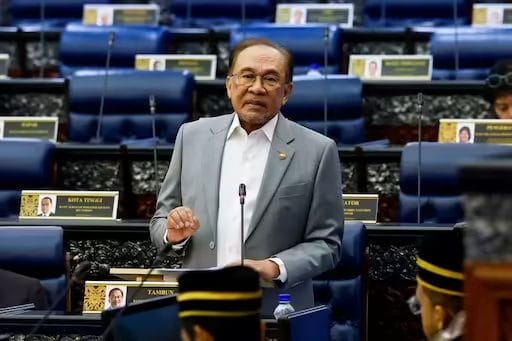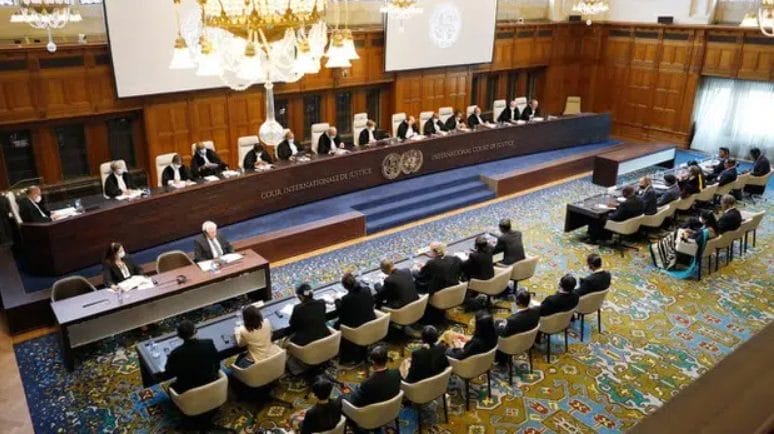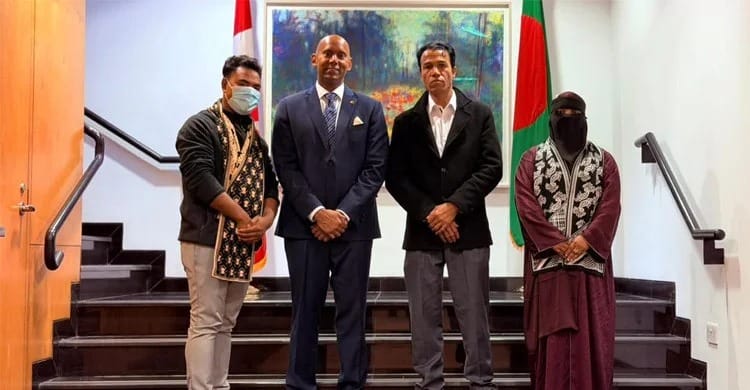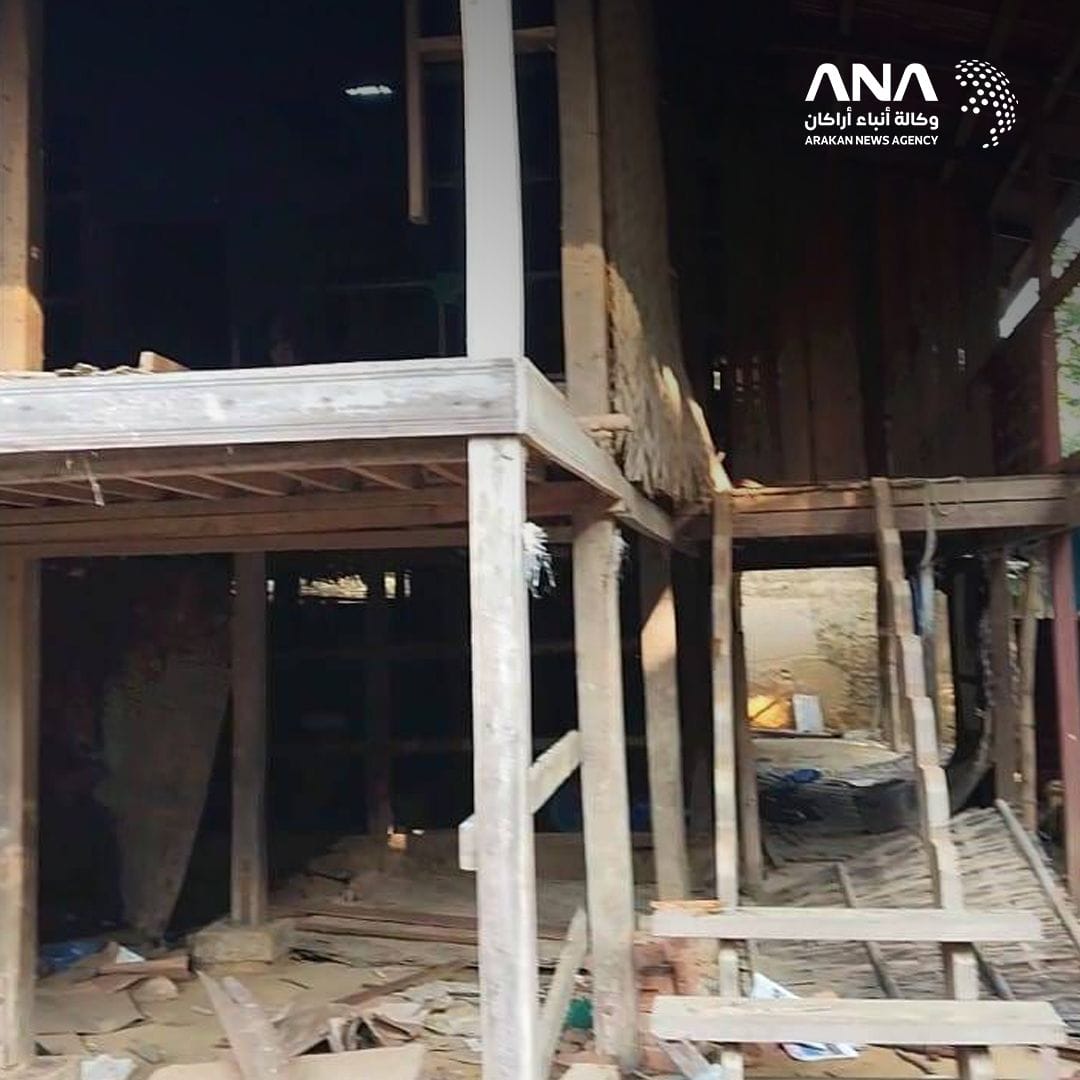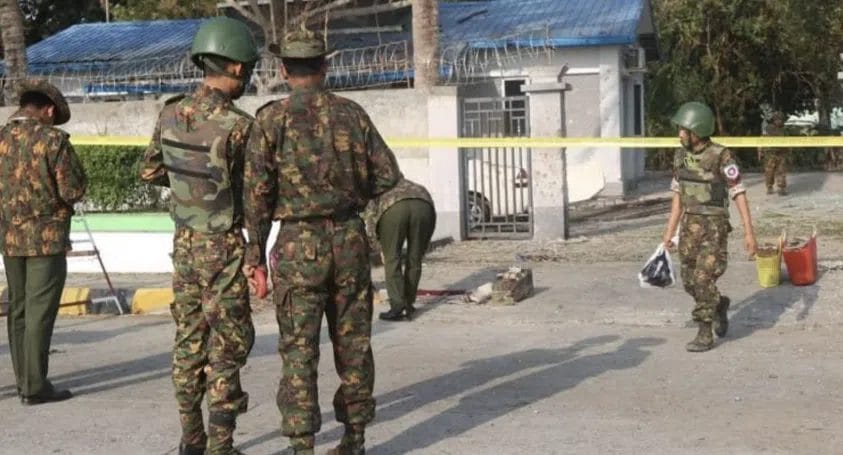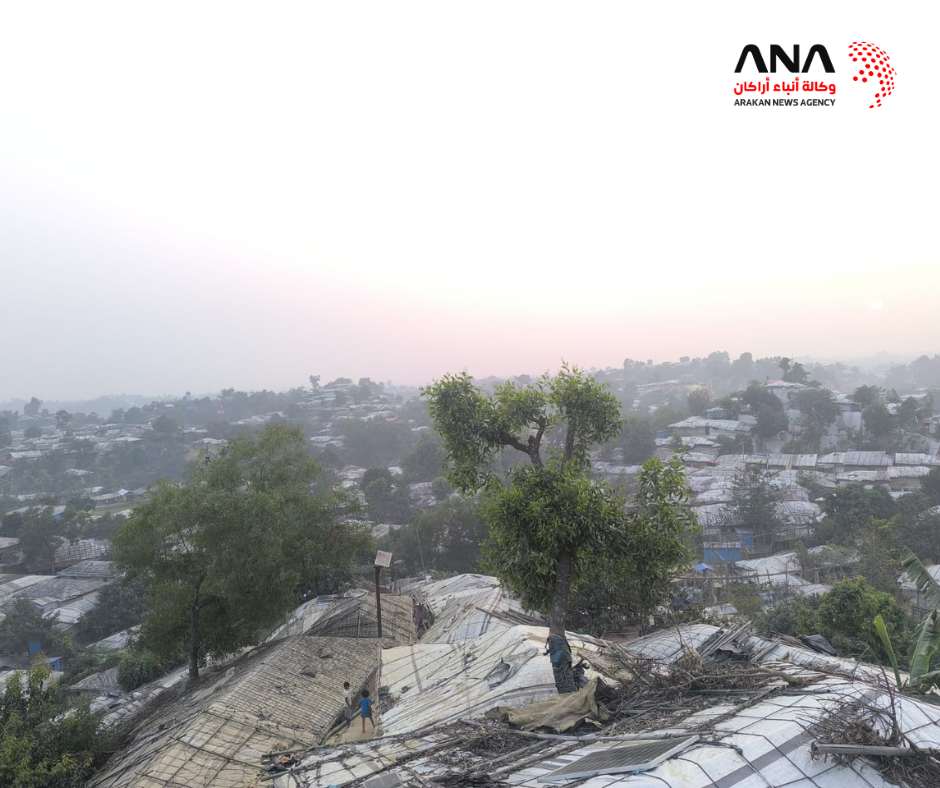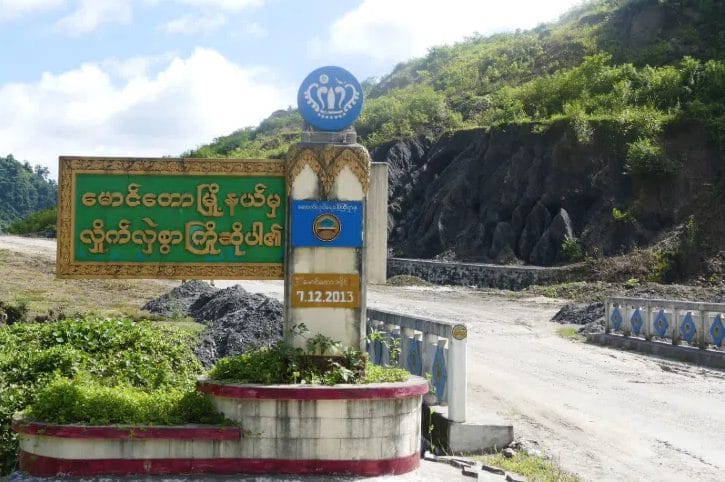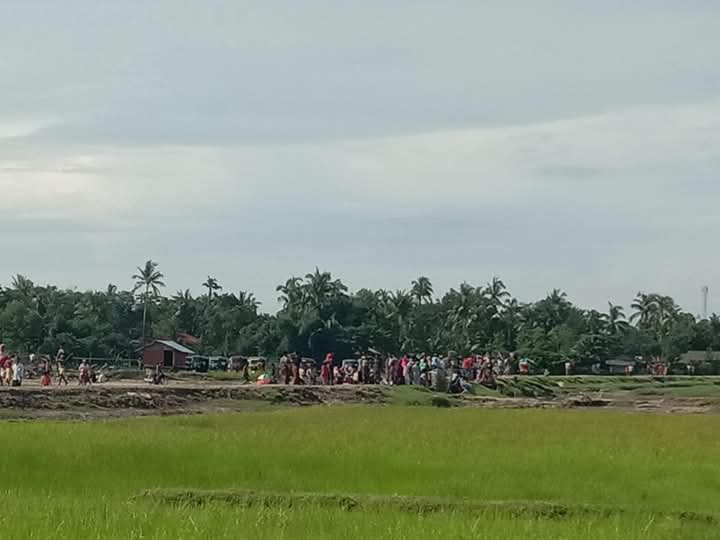Arakan News Agency | Exclusive
Persecutions by Arakan Army (a separatist group) against the Rohingya in Arakan state, western Myanmar, are no longer limited to confiscating their property and expelling them from their homes but also include persistent attempts to undermine their identity and community by targeting their teachers and community leaders.
An almost full year has passed since the Arakan Army launched a widespread kidnapping campaign against several Rohingya intellectuals and teachers who were viewed as a beacon of hope for the Rohingya community. Since then, there has been no news of these young men, and their families remain unaware of their fate. Observers say the operations aim to weaken the Rohingya community.
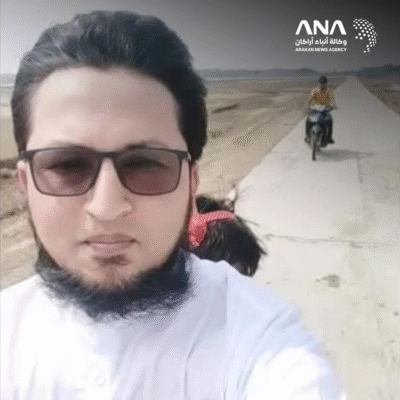
In one case, Ahmad Kamal (40), a teacher from Maungdaw who fled with his family in August 2024 to seek shelter as an internally displaced person in Harbi Village (Highr Fara), an AA-controlled area. On August 24, 2024, armed Arakan Army members arrested Kamal, and after a full year, family still has no contact with him and knows nothing about his fate.
Kamal was known widely as a prominent scholar from Kyain Chaung Village in northern Maungdaw. After Arabic schools were closed in 2012, he dedicated himself to teaching hundreds of children science and Islamic studies. Locals describe him as a deeply honest and highly respected figure.
Around the same time, AA also arbitrarily arrested U Hla Myint, a Rohingya Burmese-language teacher from Maungdaw, and another well-known Rohingya male teacher known as “Enam” from Du Nyaung Pin Gyi Village. Both were taken away in the last week of August 2024, leaving their families uncertain whether they are alive or dead.
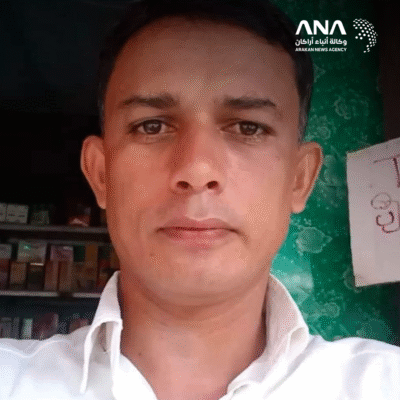
Another victim of arbitrary detention is Zuhurul Haq, a former aid group staff member from Maungdaw, and his son Rabee’ul Hasan, a Grade 12 student. They were taken by AA soldiers on August 24th. On the same day, another Rohingya named Muhtar was taken from Ward Number 1.
On September 17, 2024, an internally displaced Rohingya from Khali Zabana (Khallabana Farara) village in Maungdaw was arrested by masked Arakan Army soldiers.
Buthidaung
Likewise, in Buthidaung, several Rohingya intellectuals were also arbitrarily arrested by Arakan Army in 2024. Most recently, on April 24, AA arrested U Maung Tun, a Burmese-language teacher from Ward number 5.

He lived with his family in areas that weren’t affected by AA arsons and killings in Buthidaung in 2024. One of his relatives told Arakan News Agency that U Maung Tun was invited to a meeting by AA on April 24th, but he was arrested and never allowed to return home. “No one knows why he was arrested, he lived a simple and honest life and never committed any crimes,” he added. He also is son of a famous teacher who was arrested earlier by AA, but he was released later.
“In both Maungdaw and Buthidaung, we’re seeing AA arbitrarily arrest Rohingya intellectuals, businesspeople, and students. When they meet people, they speak kindly, but they exploit the lack of phone and internet connections to do whatever they want with armed power. No matter how they try to hide it, the truth will come out,” said a Rohingya activist.
“AA is deliberately targeting intellectuals as a strategy to weaken the Rohingya community. Once someone is arrested, it becomes impossible to obtain any information about them”, he added.
A senior diplomat monitoring the situation confirmed to the Arakan News Agency that the arrest of intellectuals and community leaders is a violation of human rights and undermines regional peace and stability. He explained that the arrest of respected individuals without cause creates fear and anxiety in the community.
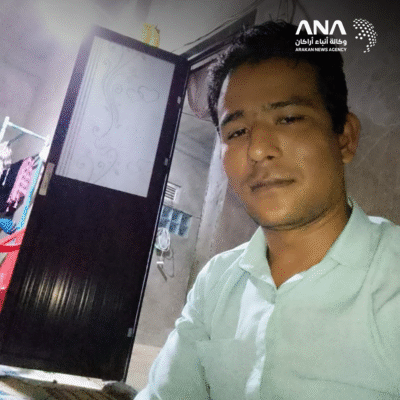
Arrests of Rohingya continue. Last July, the Arakan Army detained 25 entire Rohingya families in Maungdaw and forced them into forced labor, collecting garbage, cleaning sewage, and trimming trees on the streets of Buthidaung.
In November 2023, the Arakan Army launched a military campaign against the Myanmar military to seize control of Arakan state. It has since captured 14 of the 17 towns. The conflict has also affected the Rohingya, who have been subjected to violence, forced displacement, and persecution by both sides. They were also subjected to a “genocidal” campaign by the Myanmar military in 2017, which forced nearly a million Rohingya to flee to Bangladesh.
During its campaign to seize control of Arakan, the Arakan Army burned dozens of villages and hundreds of Rohingya homes. It currently imposes strict laws and discriminatory practices on the Rohingya, including confiscating their property, resettling Rakhine residents in their homes, imposing heavy taxes on their land and homes, restricting their movement between villages, and forcing them into forced labor.


